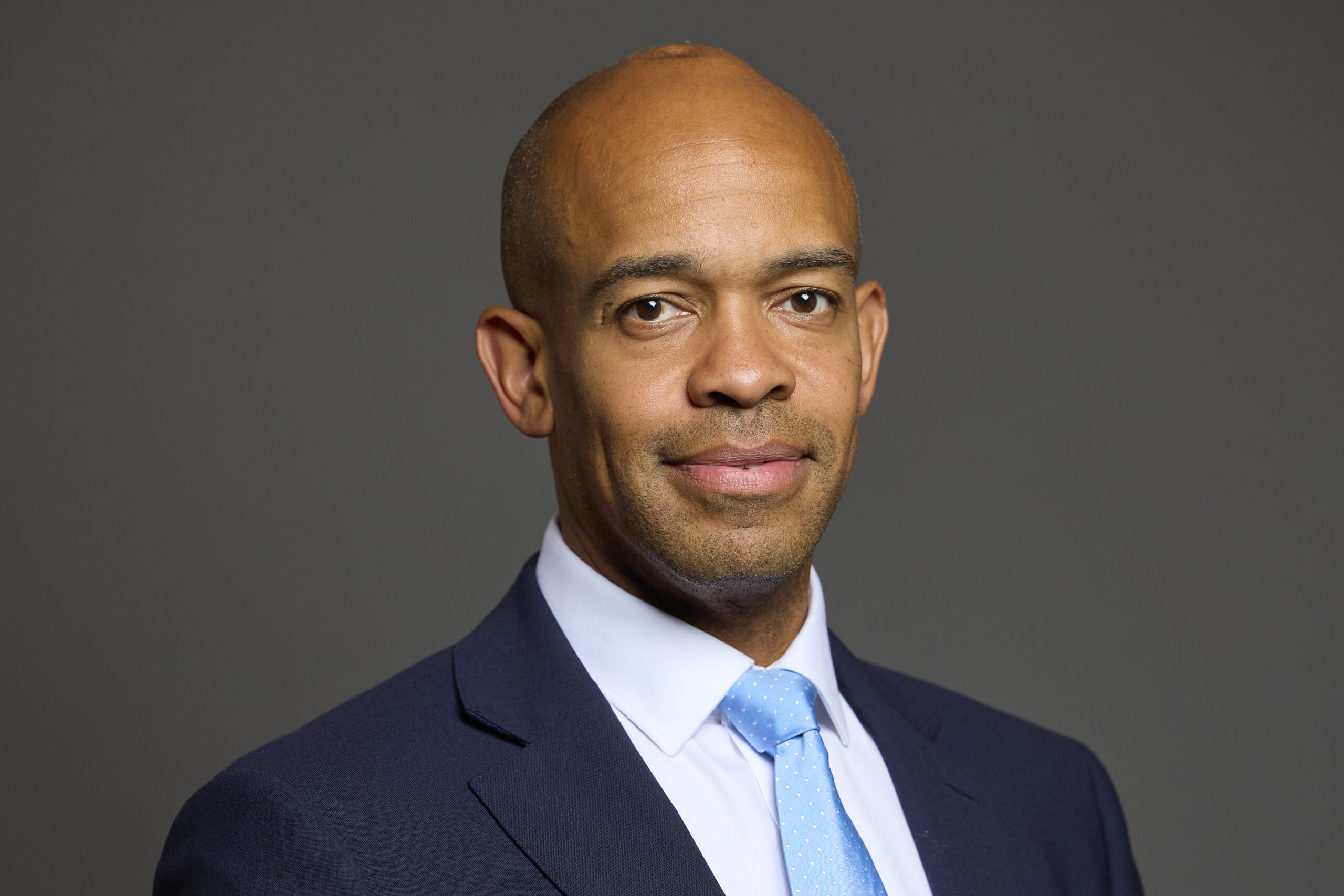Last week in Westminster Hall, I secured a debate about the proposed local government reorganisation in Cambridgeshire. A process that, if mishandled, could have long-term consequences for local services, community identity, and financial fairness.
Under the Government’s devolution plans, all Cambridgeshire district councils have been invited to submit proposals to form new unitary authorities by November 2025, with implementation scheduled for 2028. Residents have been presented with three options that reorganise existing districts into new structures, but crucial information has been missing at every turn; financial implications, service impacts, and governance details have not been provided. How can people make an informed decision without them?
The three proposed models divide Cambridgeshire in different ways: north-west vs south-east, north vs south, or east vs west, but they are presented only as maps, with no meaningful analysis of how the changes will affect people’s daily lives. Even as an MP, I’ve found it difficult to access basic background on how these options were selected. If I can’t get answers, how are residents supposed to navigate this?
Despite this being a once-in-a-generation opportunity to reshape local governance, the public consultation has been woefully inadequate. The only available survey is hard to find and lacks substance. There’s been no letter to households, no local meetings, and no clear effort to raise awareness. Most of my constituents are unaware that a reorganisation is even taking place. That is unacceptable.
It’s also deeply troubling that this reform could put financially stable districts like Huntingdonshire at risk of bailing out councils with growing deficits. Our district has been well managed and is in a solid financial position. In contrast, some neighbouring councils are facing multimillion-pound budget shortfalls. Without financial safeguards in place, there is a genuine risk that local reserves built up through careful management will be redistributed to cover others’ debts. That’s not just bad policy, it’s unfair to my constituents.
There has been no clarity on whether protections will be introduced to stop stronger councils from being financially penalised. Nor do we know whether the Government plans to write off debt inherited by the new unitaries or how assets and liabilities will be shared. Residents are being asked to choose a path forward without even knowing who will be paying the bill.
The reorganisation raises important operational and community questions as well. How will school catchment areas change? Will children suddenly fall outside their local school zones due to new unitary boundaries? What happens to services like already strained SEND provision? How will social care responsibilities be divided, and will new authorities have the resources and infrastructure to manage them effectively?
We are also staring down major national funding changes. A new formula for local government finance is due in 2026/27, including a business rates reset. Independent projections suggest this could see substantial revenue losses in some parts of Cambridgeshire. Yet, there’s been no modelling released to show how any of the proposed unitary options will be affected. No impact assessments have been published at all.
We’re making decisions in the dark. Residents don’t know how their services will be affected, where their council tax will go, or whether their area will be better or worse off in the long term. That’s not public engagement. It’s a box-ticking exercise.
There are also questions around scale and sustainability. The Government says new unitaries should serve populations of around 500,000, but that’s a guiding principle, not a fixed rule. In growing areas like Huntingdonshire, where thousands of new homes are planned, projected growth could quickly push smaller unitaries toward that figure. But again, no public modelling has been provided on how future growth has been factored into these decisions.
We risk rushing through major structural changes without having thought them through. We are still in the dark about election timings, about councillor workloads, and even about basic representation. If local government is to be truly democratic and effective, the public must be properly consulted and that simply hasn’t happened.
This isn’t about resisting reform for the sake of it. I support the principle of improving local governance and making services more efficient. But if we are going to do it, we must do it properly. That means transparency, rigorous financial planning, and meaningful public engagement, not a half-baked process where residents are left guessing.
This reorganisation will affect everything from roads to rubbish collection, from planning to public health. It deserves more scrutiny, more clarity, and much more respect for the people it will impact.


